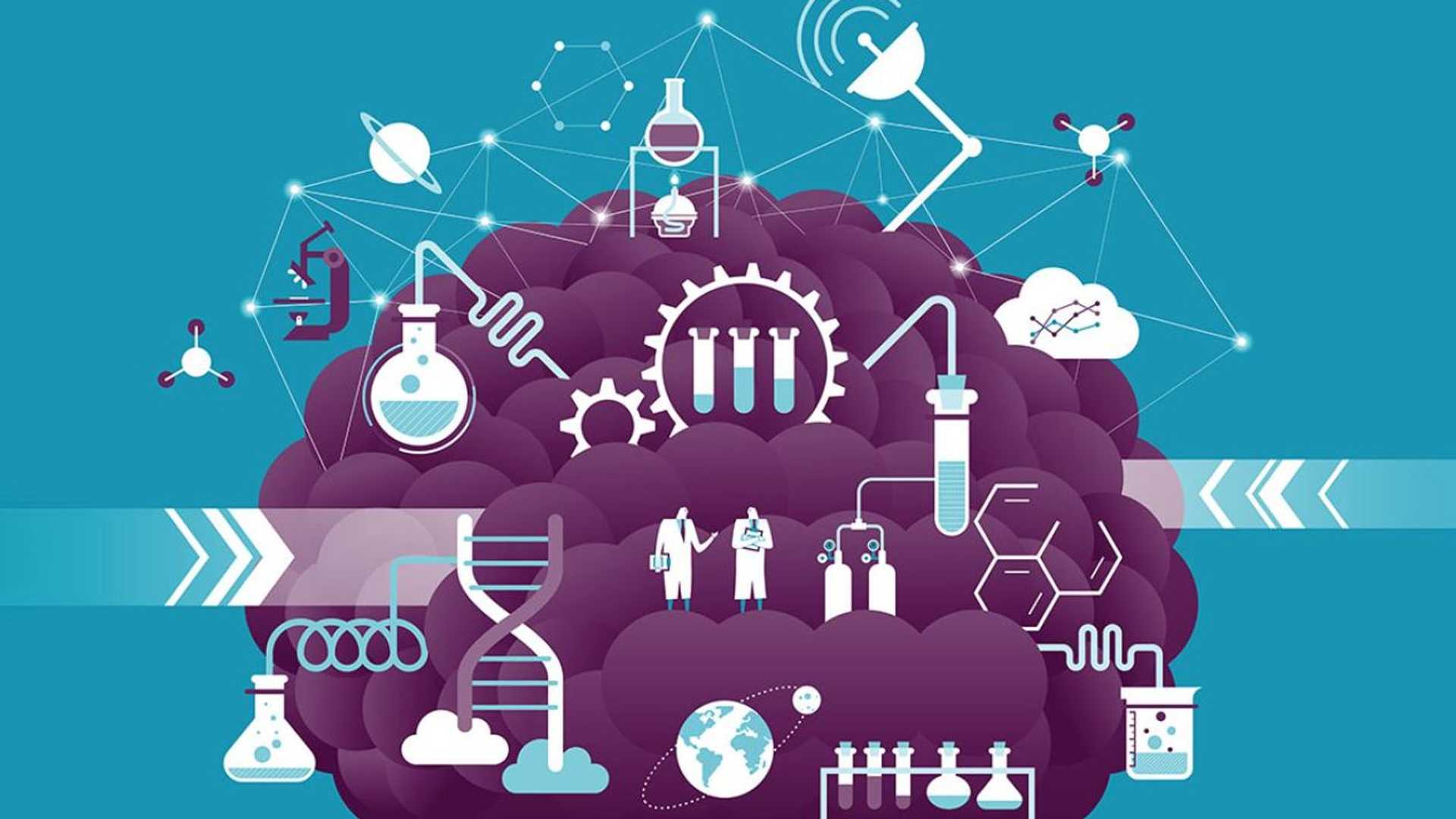Why Generative AI like ChatGPT Cannot Replace Physicians
In recent times, the development of generative artificial intelligence (AI) like ChatGPT has brought about significant advancements in the field of healthcare. However, there has been an ongoing debate about whether generative AI can replace physicians. In this article, we will explore this topic and explain why generative AI cannot replace physicians.
What is generative AI?
Generative AI refers to the type of AI that uses deep learning techniques to learn from large datasets and generate outputs similar to the input data. It works by analyzing patterns in the data and creating new data based on those patterns.
What is ChatGPT?
One example of generative AI is ChatGPT, which is a large language model developed by OpenAI. It has been trained on a vast amount of data that has enabled it to mimic human conversation and generate coherent and relevant responses based on the input.
Can generative AI replace physicians?
Despite the impressive abilities of generative AI like ChatGPT, it cannot replace physicians. Here are some of the reasons why:
- Lack of empathy and compassion: Generative AI lacks the empathy and compassion that physicians possess. Patients need to feel understood and heard, which is not something that a machine can offer.
- Inability to interpret nonverbal cues: A significant aspect of medical diagnosis is reading nonverbal cues from patients, which is not possible for a machine to do.
- Unreliability in medical diagnosis: Generative AI may be useful in administrative tasks and generating text that humans can edit to correct facts, but it cannot be relied on to make complex medical diagnoses. There is a high potential for harm as most generative models are trained on materials that may contain misinformation or disinformation instead of rigorously peer-reviewed scientific literature.
- Limitations in diagnostic accuracy: AI models such as ChatGPT can achieve 60% accuracy on the US Medical Licensing Exam (USMLE) without prior reinforcement or training. However, physicians who take the exam can achieve an accuracy rate of over 90%. This shows that the diagnostic accuracy of machines is still far inferior to that of physicians.
Therefore, physicians are still indispensable in the field of healthcare, and their expertise cannot be replaced by machines. However, there is no doubt that generative AI can help reduce the administrative burden on physicians, giving them more time to focus on patient care.
Conclusion
In conclusion, generative AI like ChatGPT cannot replace physicians. While these machines have impressive abilities, they lack the empathy and compassion that physicians possess, and they cannot interpret nonverbal cues or make complex medical diagnoses. Therefore, physicians are still essential in the field of healthcare, and their expertise cannot be replaced. However, generative AI can help reduce their administrative burden, giving them more time to spend with patients.




















